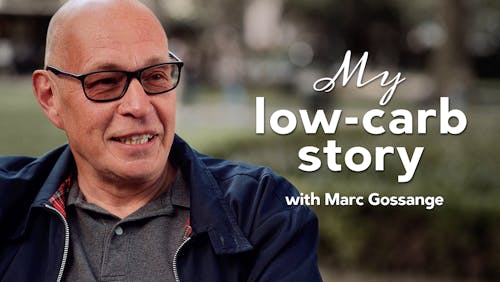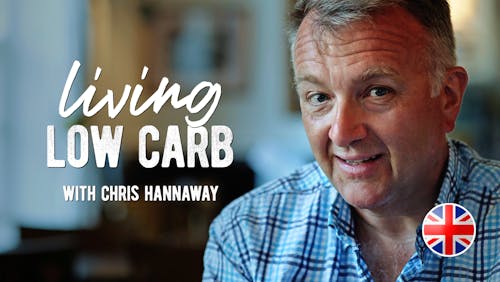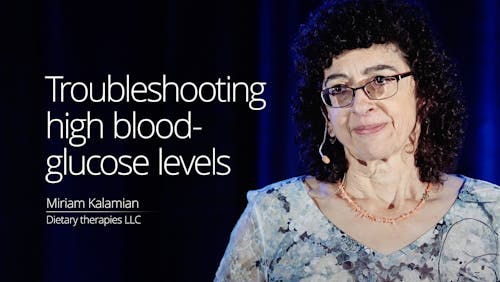Guide for clinicians: How to adjust diabetes medication in low-carb patients

As research supporting the benefits of carb-restricted diets continues to grow, more and more physicians are beginning to recommend this way of eating for their patients with diabetes. However, for people who take insulin or certain diabetes medications, adjustments to treatment must be undertaken with caution.
Fortunately, a group of doctors with low-carb expertise has just published a guide to help clinicians manage diabetes medications in patients who adopt carb-restricted diets:
Drs. Campbell Murdoch, David Unwin, David Cavan, Mark Cucazzella, and Mahendra Patel created this short practical guide based on the published research available and their own clinical experience.
Because low-carb diets typically lead to swift and dramatic reductions in blood sugar levels in those with type 2 diabetes, reducing medication is often necessary from day one.
Although many medications can be discontinued altogether, in some cases doing so too early can result in highly elevated blood sugar. On the other hand, failing to sufficiently reduce dosages of insulin and medications that stimulate insulin production (sulfonylureas) in low-carb patients can cause hypoglycemia, or dangerously low blood sugar. While acknowledging that responses vary from person to person, the authors have provided general recommendations for initial reduction of these medications, noting the importance of testing blood sugar at home and adjusting dosages as needed.
They also discuss the risk of diabetic ketoacidosis (DKA) in people who take SGLT2 inhibitors (such as Jardiance, Farxiga, Invokana) and suggest that these medications be discontinued altogether when patients begin a low-carb diet.1
Finally, the authors briefly review other types of diabetes medications, including why most (with the exception of metformin) usually provide little to no benefit in people who follow a low-carb lifestyle.
We congratulate these pioneering physicians for publishing a guide to assist clinicians in helping their own patients with diabetes safely adopt low-carb diets that can potentially reverse their type 2 diabetes and improve their overall health and well-being.


What you need to know about diabetes
GuideDo you have type 2 diabetes, or are you at risk for diabetes? Do you worry about your blood sugar? Do you have type 1 diabetes or care for someone who does? Then you’ve come to the right place.
Earlier
Pharmacists learn to dispense a different Rx: low-carbohydrate diets
American Diabetes Association endorses low-carb diet as option
Virta Health publishes two-year data on low-carb diet for type 2 diabetes
Diabetes
DKA is extremely rare in people with type 2 diabetes, and low-carb diets do not increase risk of DKA in those who do not take SGLT-2 inhibitors. ↩























